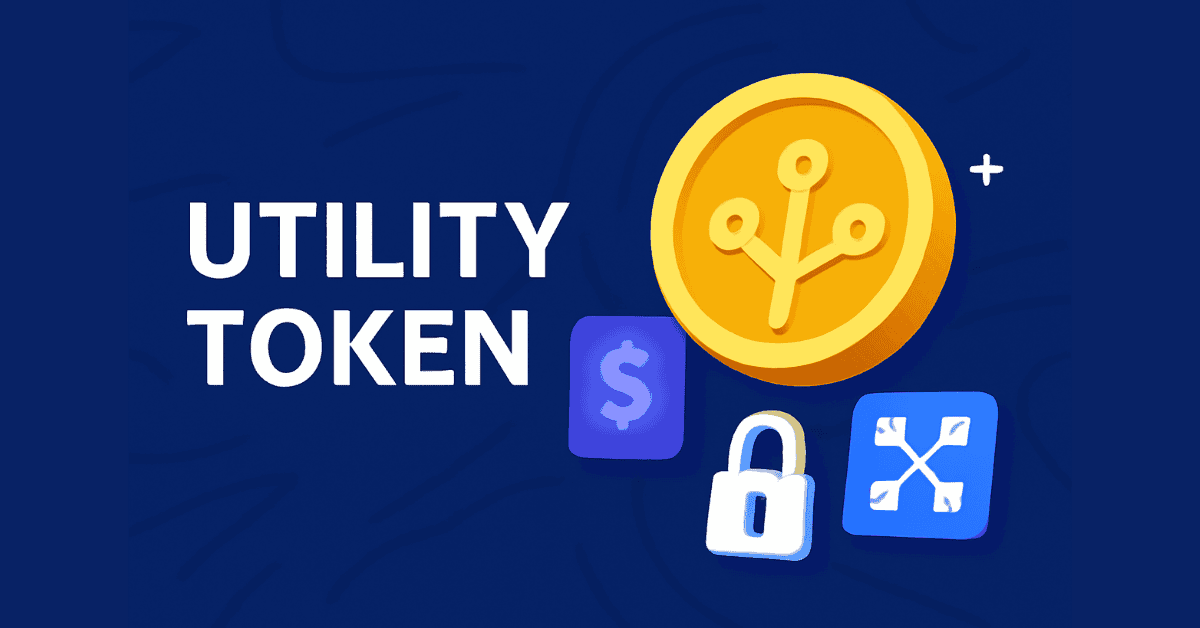
Utility Token in Crypto: Importance and Applications
1. What is a Utility Token?
A utility token is a type of digital token issued on a blockchain platform. It acts as a key to access services, products, or special features within a specific blockchain ecosystem. The holder of a utility token can use it to pay transaction fees, participate in DeFi applications, or experience services provided by the platform.
2. Utility Tokens in the Crypto Market
Characteristics of Utility Tokens
Utility tokens serve multiple purposes within a blockchain ecosystem, including paying transaction fees, purchasing products/services, or rewarding activities within the community.
-
Access to Services: Use the token to unlock features or participate in special events.
-
Internal Use: For example, on Ethereum, Ether (ETH) is used to pay transaction fees on the platform.
-
Liquidity: Utility tokens can be traded on cryptocurrency exchanges, and their value fluctuates based on demand and the development of the platform.
Note that utility tokens are not investment instruments; you do not own a part of the issuing company, nor do you receive financial profit from them.
3. Common Methods of Issuing Utility Tokens
Utility tokens can be issued through various methods, including:
-
ICO (Initial Coin Offering): Selling tokens to investors before the product is finalized. For example, Ethereum raised $18 million through an ICO in 2014.
-
IEO (Initial Exchange Offering): Cryptocurrency exchanges act as intermediaries. A prominent example is BitTorrent Token (BTT) via IEO on Binance.
-
Airdrop: Free token distribution to users for project promotion.
-
Token Swap: Swapping tokens from one blockchain to another.
-
Staking and Yield Farming: Users receive tokens as rewards for participating in staking or yield farming activities.
-
IDO (Initial DEX Offering): Tokens are issued on decentralized exchanges.
4. Difference Between Utility Tokens and Security Tokens
Although both utility tokens and security tokens are types of tokens in the cryptocurrency market, they have significant differences in their purpose and application.
5. Disadvantages of Utility Tokens
-
High Price Volatility: The value of many utility tokens can experience significant fluctuations, often not corresponding to their actual use case.
-
Lack of Stability: Some projects lack clear development strategies, leading to significant depreciation in value.
-
Difficulty in Valuing Real Worth: The value of utility tokens is often driven by market forces rather than the actual development of the project.
-
Legal Risks: Legal regulations on utility tokens are still unclear in many countries, leading to legal risks for both issuers and investors.